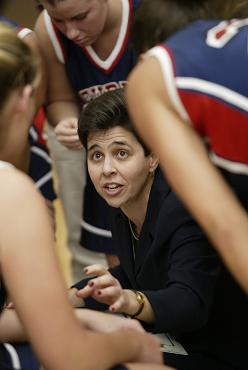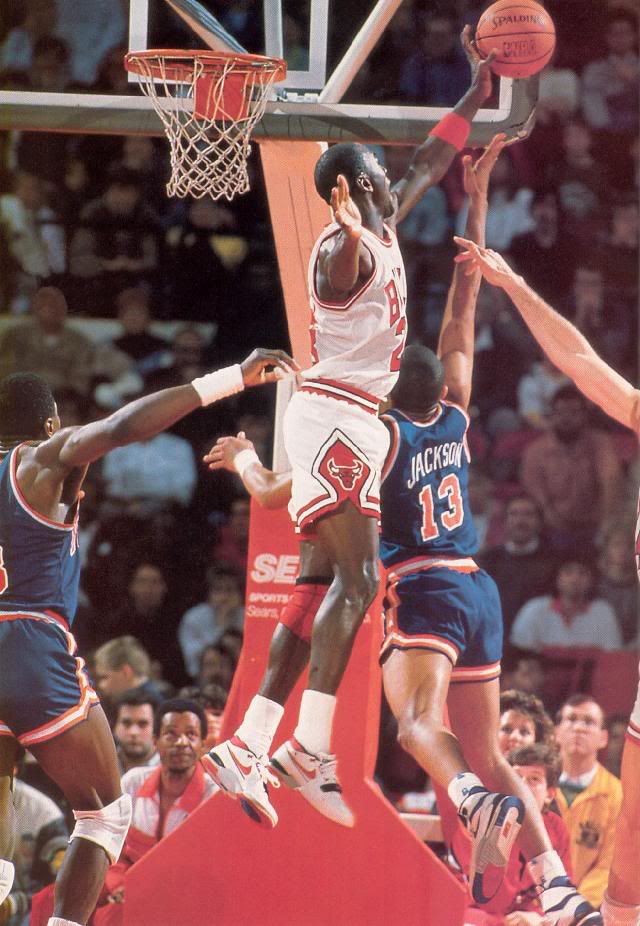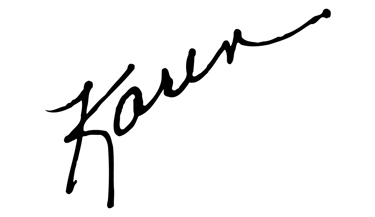 It happens to almost all of us at some point in our work lives:
It happens to almost all of us at some point in our work lives:
We climb … and then hit a plateau in terms of our job or our skills.
We get offered a new job opportunity that requires us to step up our game – fast.
Or today’s rapidly changing work environment suddenly deals us a new set of challenges that demand new strategies.
One great solution is an executive coach – a skilled resource who can offer perspective, insight, strategies, and support to help pave the way for better performance.
In short: a catalyst and trained guide to help you move to the next level. “A personal trainer for your work” is one way to describe it.
Improving your skills
The role of coaches has been changing. Far less often are they drafted “to fix toxic behavior at the top”, concluded a Harvard Business Review article by executive coach Carol Kauffman and editor Diane Coutu, interviewed more than 100 top executive coaches across the country. “Today, most coaching is about developing the capabilities of high-potential performers.”
Fortune Magazine reported on a survey by the American Management Association that found almost half of participating companies use coaching to prepare individuals for a promotion or new role. Coaching’s three most common uses: leadership development, remedial performance improvement, and optimizing strong contributors.
In “Personal Best: Top athletes and singers have coaches. Should you?” Atul Gawande – a Harvard surgeon and MacArthur “genius” grant award winner – described his decision to recruit a retired surgeon and former mentor to help him improve his skills. He asks the retired surgeon to observe in the operating room and make specific practical suggestions. Gawande proposes many other professions could benefit from similar coaching, and “with the growing pool of retirees, we may already have a ready reserve of accumulated experience and know-how.”
I’ve written about executive coaching over the years with the help of Wunderlin Company colleagues.
Here are key ways it can make a difference.
Can you run, block and shoot?
First, a coach provides a strong assessment of your skills – using tools that range from gathering 360-degree feedback to assessments like the Myers-Briggs Type Indicator, the Birkman Method or Hogan Assessments.
You will be challenged to ask yourself: What am I doing well? Where do I need to improve? How am I doing in relation to my goals? What’s important to me?

It’s also invaluable to get 360-degree feedback from colleagues, says Susan Wilkes, an organizational psychologist who managed the Workplace Initiatives Program at Virginia Commonwealth University and created a popular 360-degree feedback instrument.
Second, a coach can help you define ways to challenge yourself – to stretch outside your old role or comfort zone. Challenges can be on specific action steps and goals or larger explorations of values and beliefs.
Third, coaches provide support – A good coach will either know approaches and techniques to share with you or have resources to recommend. Executive coaches can be rich sources of understanding, inspiration and learning resources like books, websites and video clips from business journals or TED talks on leadership.
What happens when you have a healthy challenge coupled with support but no assessment? Your likelihood of success is slim. It would be like running a marathon with your own cheering section and no honest review of your capabilities or adequate preparation.
What happens if challenge and assessment are present but no support? You may not have the appropriate resources and you may lose your motivation.
Assessment and support without challenge? You may find yourself “always doing what you’ve always done…and getting what you’ve always gotten.”
This ACS model (Assessment, Challenge, Support) was created by the Center for Creative Leadership based on its research on leadership development. Its “Handbook of Leadership Development”, edited by McCauley, Motley, Van Velsor, is an excellent sourcebook.
So how do you choose a coach?
Fortune Magazine’s article – “Can You Handle the Truth About Your Career?” by Patricia Nakache – has become a classic. In the article, Ms. Nakache cautioned readers to ask themselves some tough questions before hiring a coach.
Are you open to change? Are you realistic about what coaching can do? Do you have achievable goals? Are you willing to work hard?
She noted that coaches come with widely varying credentials and experience – work coaches, life coaches, organization-oriented coaches.
To choose a coach who is a good match, the authors of the Harvard Business Review story “The Wild West of Executive Coaching” found the most important qualifications are: Experience in coaching in similar settings, clear methodology, and quality of client list.
So folks often ask me if coaching works. In my 15 years of executive coaching there are two factors that determine successful outcomes:
- Was the person being coached open to learning? If others are telling an individual what they need to work on or change but they aren’t convinced, if coaching is their bosses’ idea but doesn’t seem particularly necessary to them, or if they want to explain their strong rationale for doing things the way they do, this may not be the time for coaching. If on the other hand, they are intrigued by the idea of learning and practicing new approaches, they know they want to add skills and are interested in improvement, coaching will deliver.
- Did that person have the time to invest in his or her development? We all have times when our jobs are more demanding than others. Coaching does require some amount of work each week — so just ensure that there is enough time for it in addition to existing responsibilities.
A success story
If you have the motivation and time to invest, it can pay off.
“You may be able to find your way to the next level of success on your own,” said one manager who went through a complete round of assessment, challenges, and support. “But that timescale is far more definite with executive coaching.”
As someone with a strong technology background, she’d been taught that “people skills” were not likely to be her strong suit – but she had an “amorphous” desire to stretch in new directions.
As it turned out, her Myers-Briggs testing – and coaching – gave her direction and the courage to focus her efforts on more entrepreneurial challenges within her company.
She was able to develop the skills to lead a team and develop a network to generate more business – and she’s advanced to a much more satisfying leadership position.
“You have to put in the work,” she said, “and if you do, it will take you to the next level and can set your trajectory for long-term career fulfillment.”
If you want to learn more about executive coaching services, drop me a line.



Leave a Reply